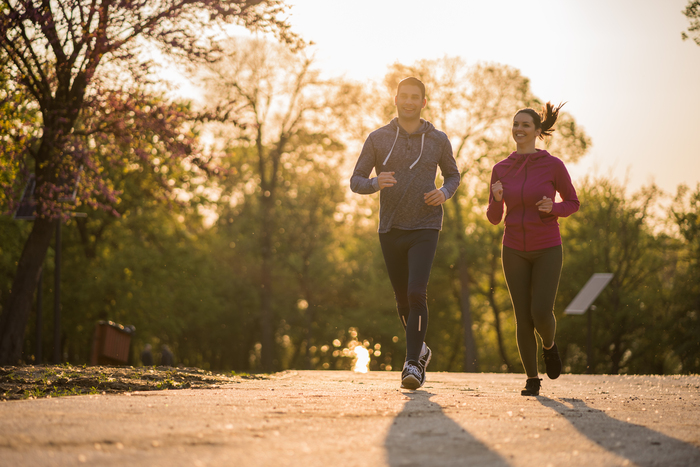An opportunity to try yourself in running
Like storming a nearly 9-kilometer mountain peak, running more than 2 kilometers cannot be done simply by “snoring”, “taking and running”, but requires serious and planned special training, as well as changes in the currently established way of life. Neglecting this can have serious consequences not only for health but also for life. Of course, in long-distance running today everything is not as dramatic as in mountaineering, where, as you know, “mountains of mistakes do not forgive.”

There are ambulances in the distance, mostly in the second half, closer to the finish line (where problems are likely to occur), ambulance crews will be constantly on duty. Only those who pass the relevant test in certain medical institutions, a long list of which is on the official website of the marathon, receive a permit to run. However, a medical certificate is not a guarantee of successfully overcoming the distance.
Of course, it is unrealistic to train for the race in 7 classes.
In my opinion, you need to train for your first marathon in 2-3 years, and at least a year of regular runs under the guidance of a coach and to get acquainted with specialized literature for marathoners.
After all, running is not just overcoming a distance, it is a significant period of life, an achievement that requires not only training but also proper recovery after training. The classic purposeful preparation for the marathon for people who run regularly should be at least six months. So before you decide to go 2 km, you should think carefully about whether you are really ready or ready for it and if you have had enough training.
Particular attention should be paid to nutrition and beverages
If you haven’t used them for a long time during training, you shouldn’t experiment during the marathon. Because there may be unexpected reactions from the body, upset stomach or allergies. If you need additional sports nutrition at the distance, then take to the marathon only the isotonics and energy gels of prolonged action that you have tested during training.
One of the main rules of the marathon is proper hydration
We start drinking water from the first point, even if it seems that you do not feel thirsty. You should slow down before the point, but you can not stop completely. Just take two small sips of clean, still water, and you can move on. You should not drink a lot at once, under the pressure of the fluid can hurt the liver, stomach. At the end of the running distance you can drink a little more. Especially in the heat. And for the time of the marathon weather forecasters promise +25 in the shade. If you do not drink from the beginning, you will accumulate fatigue, thirst and dehydration. To avoid this, the organizers equipped hydration points along the entire marathon route.
